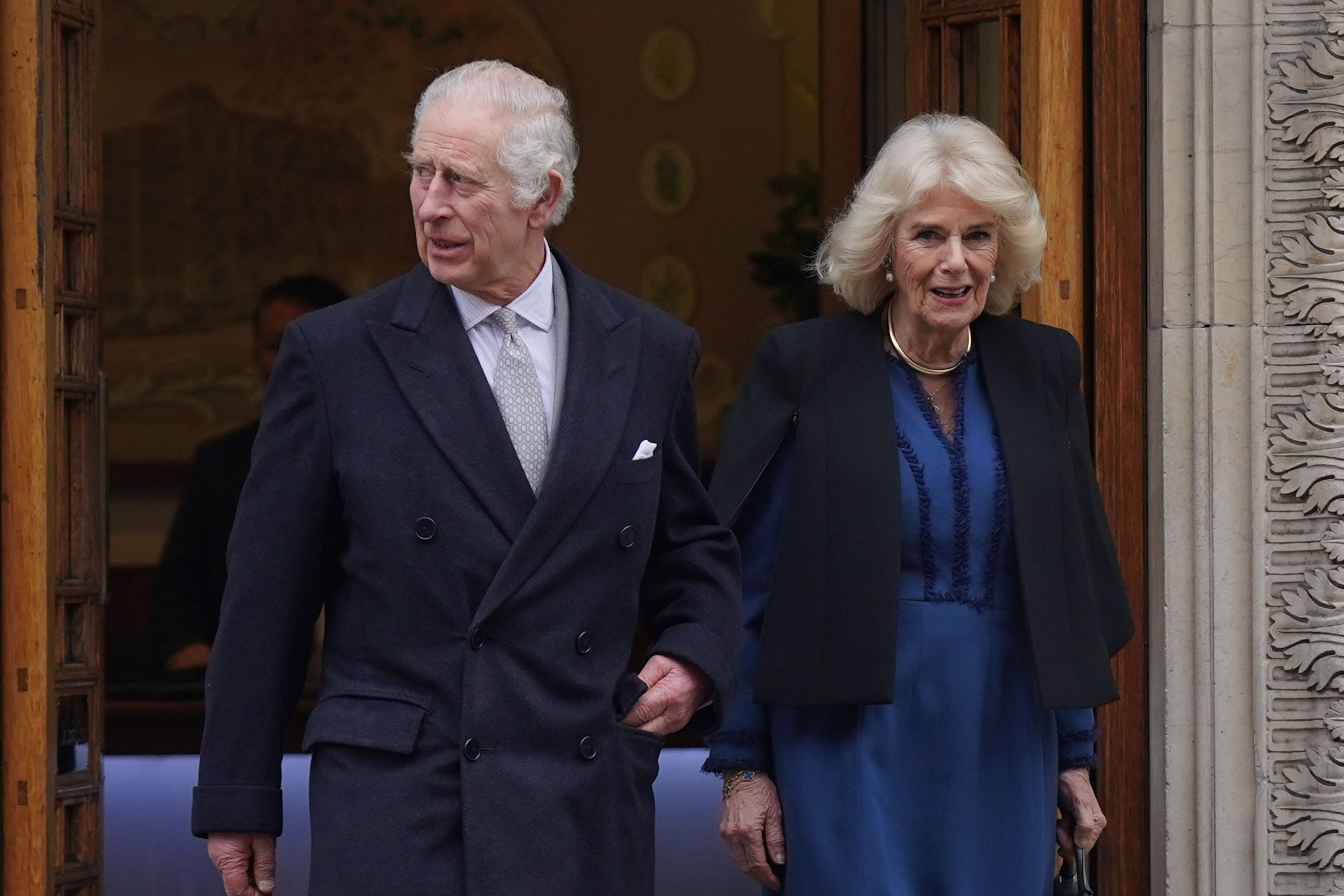Tens of thousands diagnosed with cancer while being tested for another condition - like King Charles
King Charles was diganosed with cancer after seeking treatment for an enlarged prostate
Your support helps us to tell the story
From reproductive rights to climate change to Big Tech, The Independent is on the ground when the story is developing. Whether it's investigating the financials of Elon Musk's pro-Trump PAC or producing our latest documentary, 'The A Word', which shines a light on the American women fighting for reproductive rights, we know how important it is to parse out the facts from the messaging.
At such a critical moment in US history, we need reporters on the ground. Your donation allows us to keep sending journalists to speak to both sides of the story.
The Independent is trusted by Americans across the entire political spectrum. And unlike many other quality news outlets, we choose not to lock Americans out of our reporting and analysis with paywalls. We believe quality journalism should be available to everyone, paid for by those who can afford it.
Your support makes all the difference.Tens of thousands of patients are diagnosed with cancer while they are being tested for another condition, just like King Charles.
Latest figures show more than 27,000 people were being treated for cancer on the NHS after having what’s known as an incidental diagnosis – when the condition is found during testing or treatment for something else.
On Monday, Buckingham Palace announced that King Charles has been diagnosed with a form of cancer and would be stepping back from public duties.

It comes after the monarch, 75, underwent surgery for an enlarged prostate last month, a procedure which saw him spend three nights at a private London clinic.
His diagnosis is not connected with his recent surgery and officials have said he is not being treated for prostate cancer.
Incidental cancer is more commonly found in older patients, who are more routinely tested for other conditions. Analysis shows these people can wait up to 43 weeks for a diagnosis and decision.
Dr Tom Roques, vice president of clinical oncology at the Royal College of Radiologists, said: “An important part of improving cure rates for cancer is early detection.
“National screening programmes are the best way to achieve this but sometimes cancer can be found incidentally when the person has no symptoms but is having tests for another condition.”
He said that less than five per cent of cancers are detected this way, adding: “It’s worth noting that incidental abnormalities are quite common in scans, with around 30 per cent revealing unexpected findings, although many of these do not necessitate any treatment.”
According to expert Dr Rob Findlay, as of November last year, 27,434 people were on an NHS cancer pathway after an incidental diagnosis. This means they were diagnosed through a general GP referral, outpatient appointment or inpatient treatment.
Patients can also find out they have cancer incidentally when attending A&E, although research shows it is usually later-stage cancers that are picked up this way. The latest report on cancer services from NHS Digital shows 91 out of 100,000 people in 2022-23 had a diagnosis of cancer through an emergency care route.
NHS chief executive Amanda Pritchard wished the King well and urged people to get a cancer screening where they have signs and symptoms.
Professor Pat Price, founder of the Catch Up With Cancer campaign, said: “In this worrying time, our hearts go out to the King and his family.
“The outpouring of well-wishes from millions of people reflects the collective concern we all share.
“The King’s openness about his battle with cancer is a powerful reminder that one in two of us may face cancer at some point in our lives.”



Join our commenting forum
Join thought-provoking conversations, follow other Independent readers and see their replies
Comments